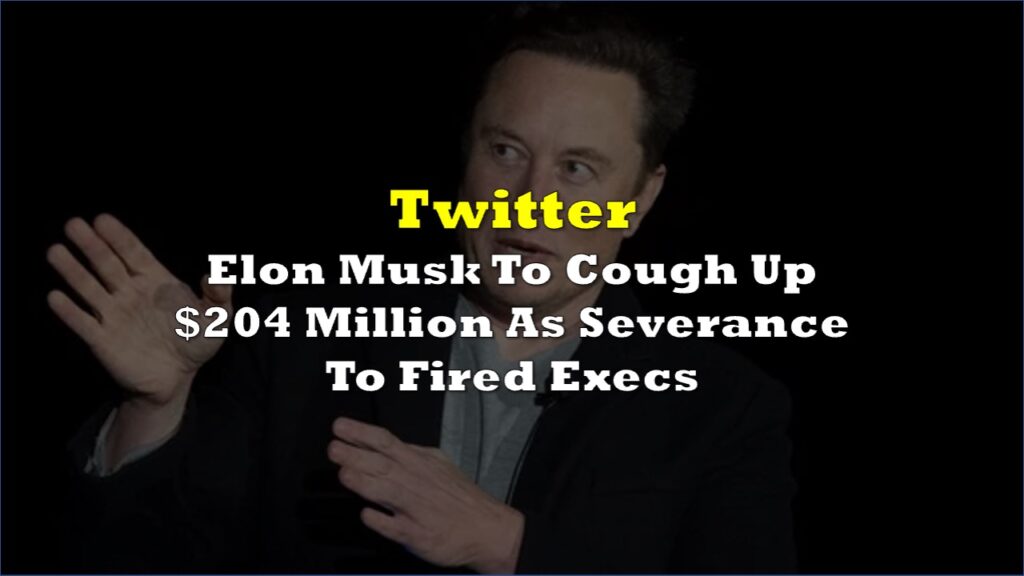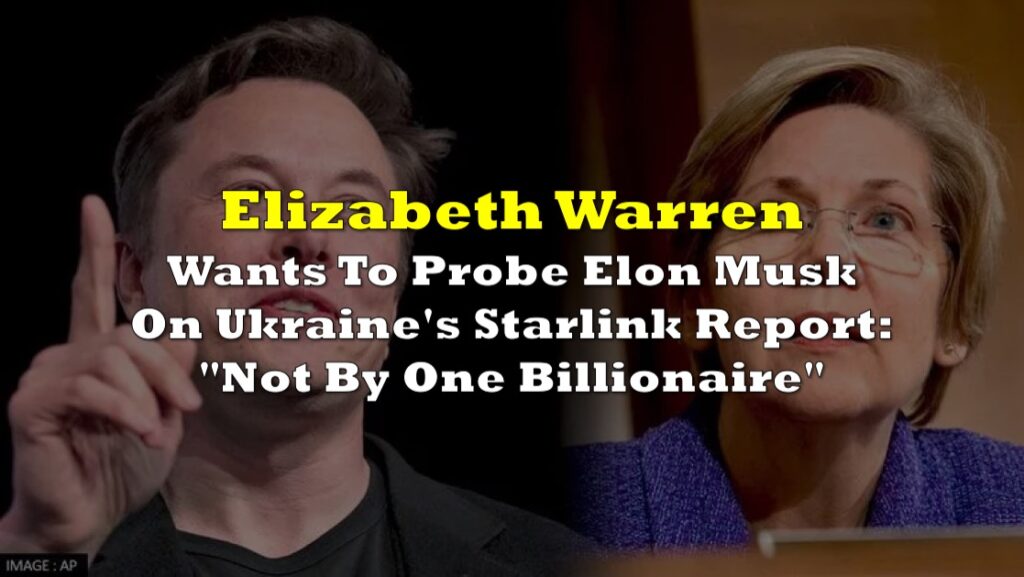In a concerning turn of events, a hashtag campaign, marred by allegations of antisemitic content and driven by right-wing ideologues, has taken center stage on X, the platform previously known as Twitter. Elon Musk, the owner of X, has publicly lent his support to this campaign, raising questions about the platform’s commitment to combating hate speech.
The hashtag in question, #BanTheADL, emerged on Thursday, with several accounts advocating for the removal of the Anti-Defamation League (ADL) from X. The ADL is a renowned civil rights organization dedicated to addressing antisemitism and extremism.
Let’s get it to number one #bantheADL pic.twitter.com/52jJFFzcZ7
— Jake Shields (@jakeshieldsajj) August 31, 2023
Momentum for this movement seems to have been triggered by a recent meeting between the ADL’s national director, Jonathan Greenblatt, and X’s CEO Linda Yaccarino. The discussion revolved around strategies to curb the proliferation of hate speech and toxic propaganda on X since Musk’s acquisition of the platform last year.
I had a very frank + productive conversation with @LindayaX yesterday about @X, what works and what doesn't, and where it needs to go to address hate effectively on the platform. I appreciated her reaching out and I'm hopeful the service will improve. @ADL will be vigilant and…
— Jonathan Greenblatt (@JGreenblattADL) August 30, 2023
Critics of the ADL, some of whom have been vocal adversaries of the nonprofit organization in the past, seized this opportunity to accuse the ADL of stifling free speech. Among the prominent figures amplifying #BanTheADL were mixed martial artist Jake Shields, who has previously criticized the organization on social media, and Irish YouTuber Keith Woods, who has ties to well-known white supremacists, including Richard Spencer and Nick Fuentes.
The campaign also garnered support from Lauren Witzke, a failed senate candidate known for promoting antisemitism, Andrew Torba, CEO of Gab, a platform associated with neo-Nazis, and Matthew Parrott, a co-founder of the Traditionalist Worker Party, a neo-Nazi group involved in the 2017 “Unite the Right” rally in Charlottesville, Virginia. At its peak, #BanTheADL became the top trending topic on X.
we need #bantheadl tweets we need #bantheadl replies we need #bantheadl retweets we need #bantheadl phone calls we need #bantheadl sms spam we need #bantheadl pastries https://t.co/hNELETJvcX
— Matt Parrott 🧃 (@MatthewParrott) September 1, 2023
Predictably, the hashtag unleashed a torrent of posts featuring antisemitic caricatures, stereotypes, and conspiracy theories targeting Jewish communities. Online trolls from 4Chan revelled in the trend, using slurs and offensive memes, speculating that “normies are waking up” to their ideology, and calling for other prominent conservatives to publicly express antisemitic sentiments.
Amidst this surge of extremism, Elon Musk engaged with Keith Woods, initially endorsing a post in which Woods falsely claimed that the ADL was “financially blackmailing social media companies into removing free speech on their platform.”
Elon Musk likes my call to #BanTheADL
— Keith Woods (@KeithWoodsYT) September 1, 2023
The people have spoken, we want free speech! pic.twitter.com/mM8ukjWEC8
Musk went on to assert that “ADL has tried very hard to strangle X/Twitter.” His apparent enthusiasm for these attacks further bolstered their prominence, undermining Yaccarino’s ongoing efforts to reassure advertisers that X is actively addressing hate accounts on the platform. Notably, the day before, Woods had celebrated the impact of the #BanTheADL campaign on his Telegram account and shared a 2017 video of Richard Spencer declaring a “great victory.”
Our US advertising revenue is still down 60%, primarily due to pressure on advertisers by @ADL (that’s what advertisers tell us), so they almost succeeded in killing X/Twitter!
— Elon Musk (@elonmusk) September 4, 2023
Elon Musk even went further and said that it seems the platform is left with no choice “but to file a defamation lawsuit against the Anti-Defamation League,” adding that the ADL is “potentially” on the hook for up to $22 billion in lost value for X.
To clear our platform’s name on the matter of anti-Semitism, it looks like we have no choice but to file a defamation lawsuit against the Anti-Defamation League … oh the irony!
— Elon Musk (@elonmusk) September 4, 2023
Interesting.
— Elon Musk (@elonmusk) September 4, 2023
In our case, they would potentially be on the hook for destroying half the value of the company, so roughly $22 billion.
Elon Musk’s apparent grudge against the ADL can be traced back to the organization’s condemnation of his decision last year to reinstate Donald Trump on X. In May, Musk likened billionaire George Soros, a frequent target of antisemitic conspiracy theories, to a supervillain, alleging that he “hates humanity.” The ADL took issue with Musk’s comments, suggesting they would embolden extremists. Musk responded with a tweet suggesting the ADL should “just drop the ‘A.'” During that same week, he promoted conspiracy theories regarding a mass shooter in Allen, Texas, even after the police confirmed the shooter had swastika and “SS” tattoos.
In early August, Musk further aligned himself with the far-right by expressing concerns about a “genocide of white people in South Africa,” where he was born. His reaction to a statement from Greenblatt on behalf of the ADL, asserting that no such genocide was occurring, led to the false narrative that the ADL was an “anti-white hate group,” a narrative echoed in many #BanTheADL tweets.
If @lindayaX doesn't quit over this, she is complicit and should be banished from the advertising industry…$TSLA $TSLAQ https://t.co/5yhnWymEqn
— passthebeano (@passthebeano) September 4, 2023
It is essential to clarify that the ADL’s actions do not constitute censorship, and the organization has no control over X’s moderation policies. Claims to the contrary perpetuate the harmful trope of Jews exerting undue influence over major institutions. While the ADL is not immune to criticism, and web companies are not obligated to heed its leadership, removing them from the platform would hardly demonstrate a commitment to free speech, as claimed by anti-ADL hardliners. Additionally, it would do little to restore Musk’s already tarnished reputation as a self-proclaimed “free speech absolutist.”
In the midst of this controversy, it remains to be seen whether Musk’s actions serve his objectives or lead to further discredit.
Q: Why is your business bad?
— Bill Grueskin (@BGrueskin) September 4, 2023
A: It's the Jews. Now, I don't mean all the Jews. But yes, some of the Jews. You know which ones. https://t.co/Gs52h49h9l
X (Twitter) and Saudi Arabia human rights abuses
In an ironic twist, X is being accused of aiding human rights abuses in Saudi Arabia. A revised civil lawsuit filed in the United States, the social media giant is facing accusations of complicity in grave human rights abuses orchestrated by the Middle Eastern state against its users. The lawsuit alleges that the platform formerly known as Twitter disclosed confidential user data at the behest of Saudi authorities, at a significantly higher rate compared to the United States, United Kingdom, or Canada.
The lawsuit, originally initiated in May, was brought by Areej al-Sadhan, the sister of a Saudi aid worker who was forcibly disappeared and later sentenced to 20 years in prison. Central to the case is the infiltration of Twitter by three Saudi agents, including two posing as Twitter employees in 2014 and 2015. This operation ultimately led to the arrest of Abdulrahman al-Sadhan and the exposure of the identities of thousands of anonymous Twitter users, some of whom were reportedly detained and subjected to torture as part of the Saudi government’s crackdown on dissent.
The updated lawsuit contains new allegations suggesting that Twitter, under the leadership of then-CEO Jack Dorsey, knowingly ignored or had knowledge of the Saudi government’s campaign against critics. The suit alleges that Twitter provided assistance to the Saudi government due to financial considerations and efforts to maintain close ties with Saudi Arabia, a major investor in the company.
The lawsuit outlines how Twitter was initially seen as a vital tool for democratic movements during the Arab Spring, causing concerns for the Saudi government as early as 2013.
These legal developments come shortly after Human Rights Watch condemned a Saudi court for sentencing a man to death solely based on his Twitter and YouTube activity. The man, Muhammad al-Ghamdi, is the brother of a Saudi scholar and government critic residing in the UK.
The lawsuit alleges that Twitter, now known as X, had ample notice of security risks related to internal personal data and the threat of insiders unlawfully accessing it. It claims that Twitter was aware of the Saudi government’s malign campaign but chose not to act.
Twitter’s handling of the situation raised concerns as the company failed to provide specific information about the scale or certainty of the data breach, potentially putting thousands of Twitter users at risk. Even after becoming aware of the breach, Twitter continued to engage with Saudi Arabia as a vital regional partner.
The lawsuit remains ongoing, with Areej al-Sadhan’s legal team expressing hope for her brother’s release and their reunion with family in the United States. Twitter, now X, has not responded to media inquiries regarding the case.
Information for this briefing was found via Rolling Stone and the sources mentioned. The author has no securities or affiliations related to this organization. Not a recommendation to buy or sell. Always do additional research and consult a professional before purchasing a security. The author holds no licenses.









